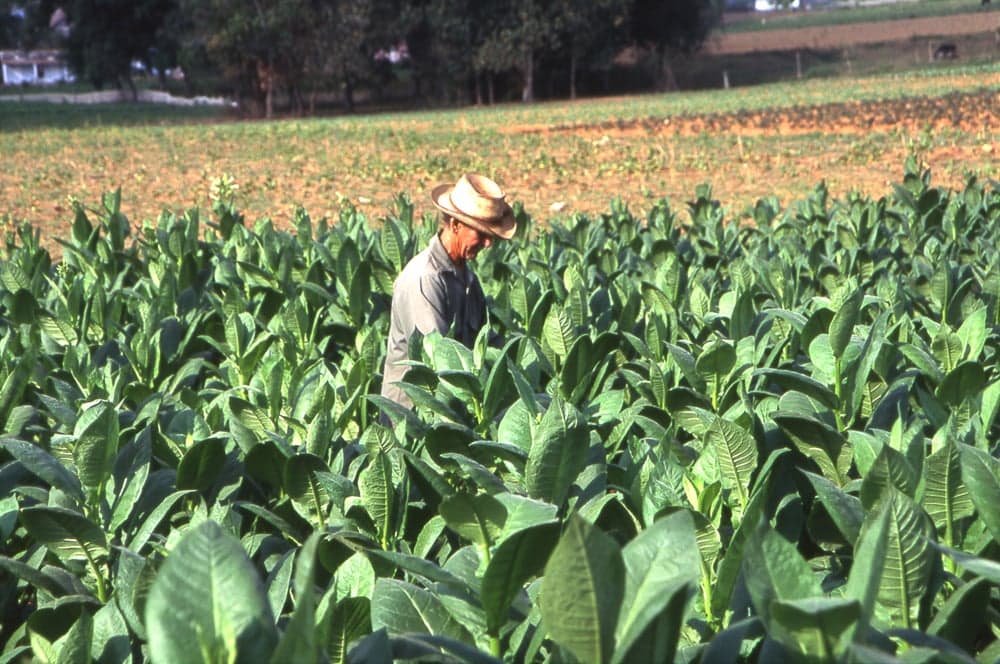Published:
Part two of this week's five-part series on cash crops and the impact they have around the world.
Cash crops are a major economic factor in almost every region of the world. In North America, there is a wide variety of cash crops that are grown and sold. The biggest cash crops in modern day America currently are corn and soybeans; which bring in about 50 billion dollars each. However, these fields have been ever-changing for the last two centuries. The first cash crop which helped America’s economy grow is tobacco. Tobacco grew very well in the early Thirteen British-American Colonies, this crop was especially prevalent in Virginia, people would immigrate to come work in the tobacco fields. With the population growing and money coming back into the economy, the colonies began to grow rapidly. Cash crops were one of the main reasons the United States is where it is today. Production of tobacco was one of the major reasons the early British-American Colonies grew as large as they did due to the influx of money into their economy. By the year 1630, the amount of tobacco sent from the Colonies to Great Britain totaled about 1.5 million pounds a year.
A little more north in Canada, the country works in the cash crop business as well. Cereal crops, forage, and oilseeds are big players in their economy. Cereal crops are members of the grass family and are usually classified as starches such as wheat, barley, and oats. In August of 2015, Canada exported 1896.9 metric tonnes of wheat to countries worldwide. Additionally, oilseeds are highly sought after in Canada to produce goods such as canola and flaxseed oil.
Wherever people think they can make a profit they are more likely to attempt to exploit the use of cash crops. Cash crops seem to be a magnet for those looking to make a profit. The Caribbean Islands are a great place to look to see the effects cash crops can have on societies. Soon after Europeans colonized these islands, it was discovered that sugarcane grew very well in this region. Originally the sugarcane industry was so profitable due to the use of slavery on the fields. This leads to the argument that cash crops led to the increase of slavery. However, since the abolishment of slavery, the sugarcane industry is still booming in the Caribbean. This is partly due to poor working conditions and minimal compensation however it is continually evolving.
Cash crops continually help economies grow and maintain economies. Check out the upcoming blogs to see their effects in other parts of the world!
Part 1: Cash Crop Blog Series Introduction
Part 3: Illicit Cash Crops: Economic Effects of Illegal Drug Markets
File under






